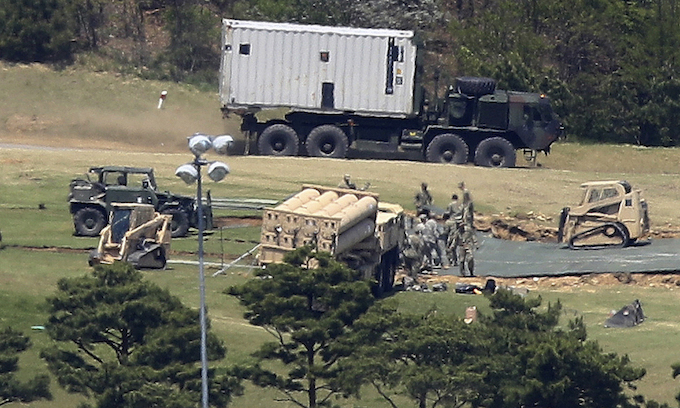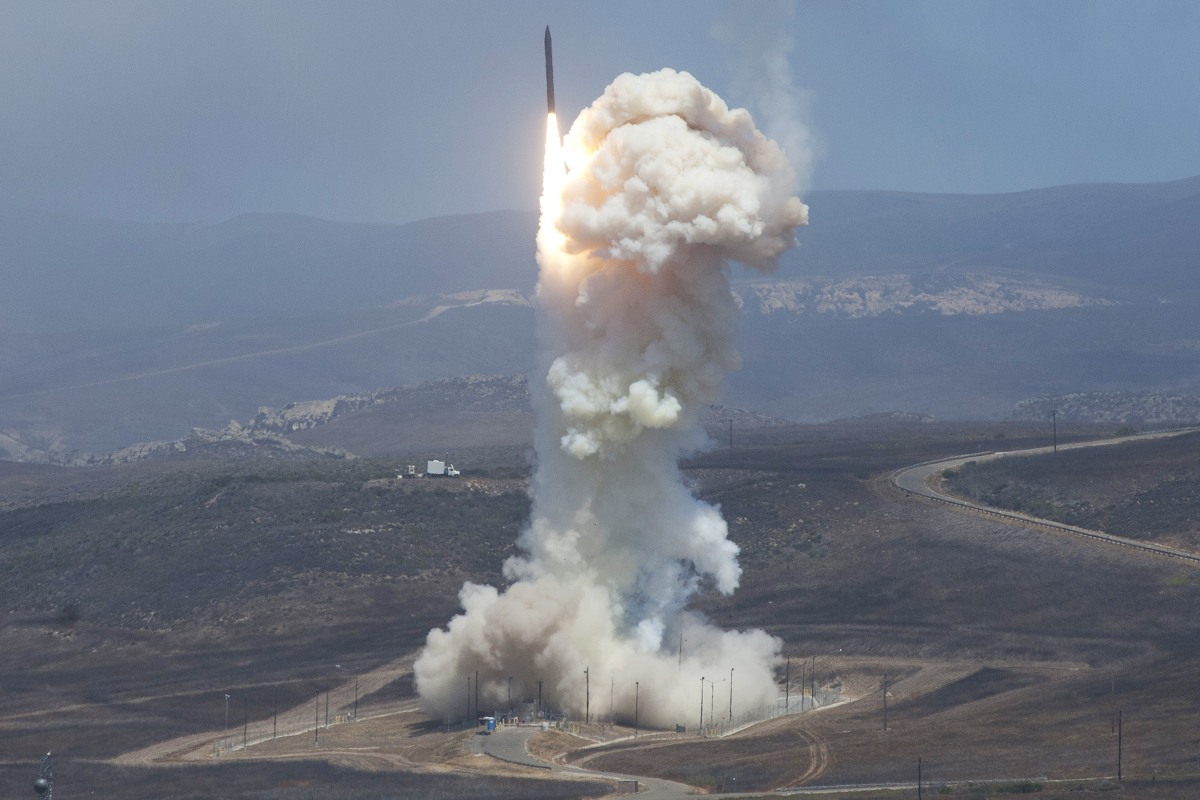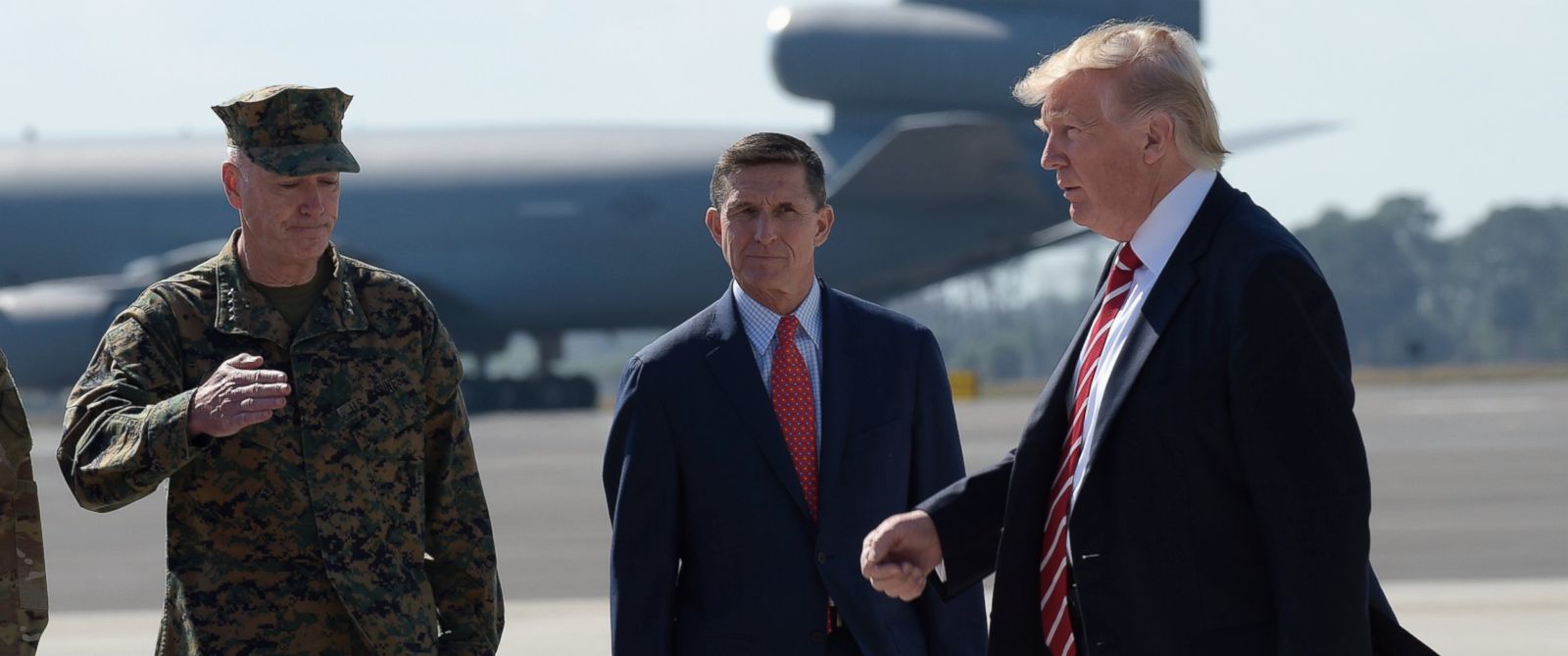Several Gulf countries announced isolating Qatar by recalling diplomatic personnel due to the al Thani dynasty funding and harboring terror organizations.

Ah, cool right? But the United States has a large footprint in Qatar least of which is the Al Udeid air base in Doha. The location is rather known as the Centcom of the Middle East with a minimum of 9000 U.S. military personnel and it comes with a swimming pool too.

The al Thani clan was a good friend of the West, well kinda sorta. The very day that Barack Obama swapped 5 Gitmo detainees for Beau Bergdahl, Obama was attending the West Point graduation ceremony where a son of al Thani himself was graduating. You read that right, a Qartari at West Point.
No, it is no secret that Qatar hosts an embassy for the Taliban. It is no secret that Russia provides weapons, intelligence and funding to the Taliban. Qatar also hosts the Muslim Brotherhood and Hamas. So, exactly why is the United States so tolerant of Qatar? Money.
Oh, Trump’s trip to Saudi Arabia and is beginning to have results with regard to Qatar. Not so fast.
Qatar has begun to expel Hamas leaders taking refuge within its borders, the Lebanese Al Mayadeen network reported over the weekend.
The report cited “diplomatic sources” as saying that on Saturday, Qatar gave Hamas a list of names of members required to leave the country. Al Mayadeen did not name the individuals forced to leave.
According to the report, a Qatari envoy met with prominent Hamas figures to deliver the list, which, the sources say, includes mainly those responsible for collaborating with the organization’s leadership in the Judea and Samaria region.
You see, Qatar plays a double game all the time, people are expelled while others rotate in.
It was also just a few days ago Qatar officials called Tehran to congratulate them on the recent elections and expressed continued understanding and alliance with Hezbollah and Hamas. As a result of all this, the Qatar New Agency was hacked and oh yeah, Qatar funds al Jazeera.
The region plays an important role for the US military in the fight against Daesh. Bahrain houses the US Navy’s Fifth fleet, which patrols the seas of the Middle East and Central Asia, while Qatar is home to the Al Udeid Airbase, from where the United States carries out airstrikes against militants in the region.
Tillerson urged the Gulf Cooperation Council nations to sort out their differences and said that the United States was willing to play a role in helping the countries address their differences.
Meanwhile, as President Trump attended the ceremony to open the counter-terrorism center in Saudi Arabia, that center is at least years old, the Saudi for the most part have expelled Qatar from participation in the center’s operations. Hummm, is that really smart given the terror operations being hosted in Qatar and being cut off? Messy isn’t it?
In recent years, evidence has mounted that Turkey under the rule of Erdogan is building a larger Islamist new version of the Ottoman Empire and has even aligned more so with Russia and Iran against the West and the efforts in Syria. So, how about that merging relationship with Qatar and Turkey? Here are some more details on that, which shows the relationship order in the Middle East is changing dramatically.
A Turkish military base to be deployed in Qatar will be headquartered in Doha and lead by Qatari-Turkish generals, top official has said after sessions at parliament’s Foreign Affairs Commission.
“Within the framework of the agreement, it is envisaged that a joint Turkish-Qatar divisional tactical headquarters should be established, that its place should be in Doha, that the commander of the unit is to be a major general and a Qatari, and that the commander assistant is to be a brigadier and Turkish,” said Defense Ministry Deputy Undersecretary Major Ihsan Bülbül.
Stating that the number of troops to be deployed will be 500 to 600, Bülbül said Qatar also requests the sending of units in Turkey with a flexible structure to allow them to be transferred to Qatar if needed. “We are sending troops to Qatar and setting up bases and Qatar pays for it. What is Turkey’s interest in this business? What is Qatar’s interest in it? We need to further investigate Turkey’s relations with Qatar, which we cannot pinpoint the strategic meaning of,” Salıcı said.
“In the introduction of the agreement, it refers to ‘other duties found appropriate.’ This expression within such an agreement is open-ended, as there is a transfer of soldiers and base development that will be paid for by the host country,” he added.
Salıcı also noted that Qatar’s current army presence is made up of 11,800 individuals. More here.


 NBCNY
NBCNY

 ArmControl.org
ArmControl.org In Russia, this is called ‘active measures’ and there have been several panels before congress providing testimony highlighting with evidence all the methods used by Russia. This type of political intrusion is part of the Russian hybrid warfare not only against the United States but other countries in Europe, Eastern Europe and NATO.
In Russia, this is called ‘active measures’ and there have been several panels before congress providing testimony highlighting with evidence all the methods used by Russia. This type of political intrusion is part of the Russian hybrid warfare not only against the United States but other countries in Europe, Eastern Europe and NATO.